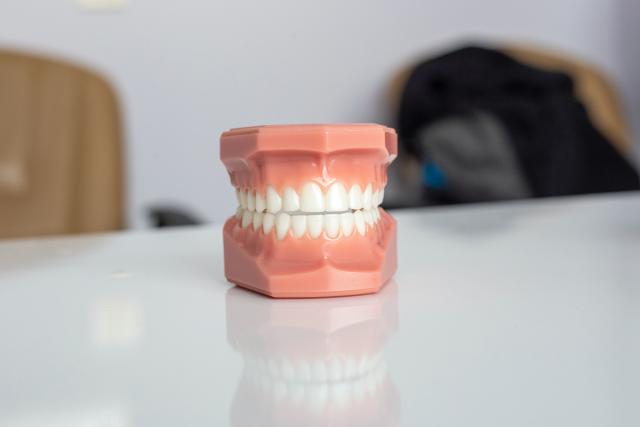A national tax on sugary drinks could prevent more than 500,000 dental cavities and increase health equity over 10 years, a Monash University-led study has found.
Published in Health Economics, the collaboration with Deakin University and the University of Melbourne found that over 10 years, a 20 per cent sugar-sweetened beverage tax (SSB) had overall cost-savings of $63.5 million from a societal perspective.
Study author Mr Tan Nguyen, an oral health therapist , said SSB taxes had increased prices and decreased consumption internationally.
Mr Nguyen said Australia had no such taxes and research from an oral health prevention perspective was limited, this was only the second study published on dental caries.
“What is different is our dental caries model breaks it down by level of socioeconomic advantage,”he said.
“To date, economic evaluations of Australian dental programs are scant.
“This is despite many interventions demonstrating clinical efficacy from Cochrane reviews, such as fluoride varnish, fissure sealants and the use of stainless-steel crowns rather than conventional dental fillings for deciduous (baby) teeth.”
“The major contributors impacting quality of life due to oral diseases are tooth decay, advanced gum disease, and severe tooth loss caused mostly by caries and gum disease,” he said.
“Poor oral health is highly prevalent in the Australian population and impacts mostly on vulnerable people.”
The authors found the study demonstrates a 20 per cent tax is cost-effective to prevent dental caries and is likely to increase health equity because the cost-savings and health benefits occur for populations from lower socioeconomic advantage.
However, convincing governments and industry to implement it was a “major barrier”.
Mr Nguyen’s collaborative research demonstrated that limiting the availability of dietary free sugars through legislation, such as a 20 per cent SSB tax, had a high degree of certainty as a cost-effective strategy, but the Australian context needed further investigation.







